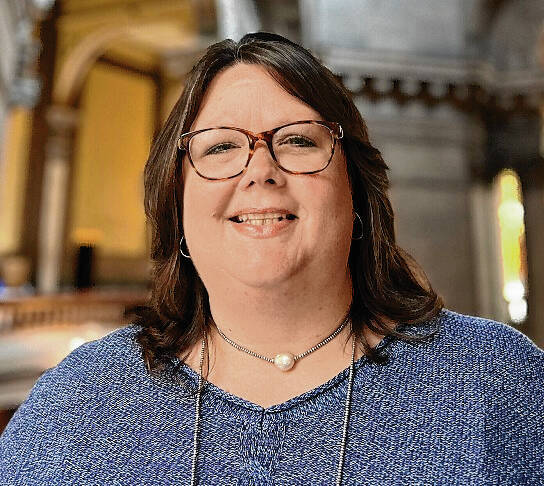One of the most disheartening things I saw following the failed attempt to assassinate Donald Trump was a concentrated, days-long social media flogging of a female U.S. Secret Service agent.
Social media users clipped shots of her from video, spread them and commented on her hair, height, weight and nerves.
It was a pile-on like I have rarely seen.
But the biggest comment in the posts has been about “DEI,” which stands for diversity, equity and inclusion. Commenters wrote that the agent got her job only through efforts to diversify the Secret Service.
I don’t know her name or any of her qualifications. And neither does anyone else. The assumption that she isn’t qualified simply because she is a woman is wrong and upsetting.
She ran up on that stage amid gunfire to protect Trump with her life. She did her job and she — not the shooter — has become a target for hurtful rhetoric.
Yes, she fumbled while holstering her gun as the motorcade pulled away. But I can’t even imagine the adrenaline coursing through her veins moments after protecting a presidential candidate from violence that claimed the life of another.
And it’s just the latest example of pushback on DEI.
Take a stroll through social media, columns and other commentator quips. Essentially if you aren’t white or a man, the first response is to throw DEI around.
It’s a hurtful assumption that these people haven’t earned their positions through qualifications and hard work.
I, for one, am heartened to see women in leadership positions. It’s easy to tell someone anything is possible. But it is far more realistic if a child can see a person that looks like them doing just that.
For instance, Indiana Supreme Court Chief Justice Loretta Rush recently announced she will seek another term leading Indiana’s court system and I couldn’t be happier.
No one better say DEI about her.
Rush has led with distinction, serving the cause of justice for more than 40 years as both an attorney and jurist.
When she was appointed to the Indiana Supreme Court, Indiana was one of only two states without a woman on the court. That is despite being half the population. Additionally, she is only the second woman to ever hold a position on the state’s top court.
Rush’s position means something to women — that they can reach the top of their chosen fields despite challenges that men don’t face.
The National Center for State Courts reports that this year, 21 states have female chief justices; in 2019, 16 did. The number of states with over 40% female justices increased from 34 in 2023 to 35 in 2024, and those with over 50% increased from 13 in 2023 to 15 in 2024.
Women have served as governor in 32 states but not here in Indiana. So far, the position of lieutenant governor seems to be the ceiling.
Diversity isn’t a bad thing, and it doesn’t mean a person isn’t qualified. And, here’s a crazy thought, often the person is even better. Not because of their sex or race but because of their skills. We are giving them an opening and they are seizing it. They aren’t DEI hires. They are hires. Period.
Of course, standards should not be lowered to make that happen. But reaching out to encourage people of all genders, race, religion and age to apply for positions is simply giving more people a chance.
Expanding the pool of candidates is the best way to get to diversity. And once there let a person’s work ethic, talent and credentials win the day.
Niki Kelly is editor-in-chief of indianacapitalchronicle.com, where this commentary first appeared. She has covered Indiana politics and the Indiana Statehouse since 1999 for publications including the Fort Wayne Journal Gazette. Send comments to [email protected].





